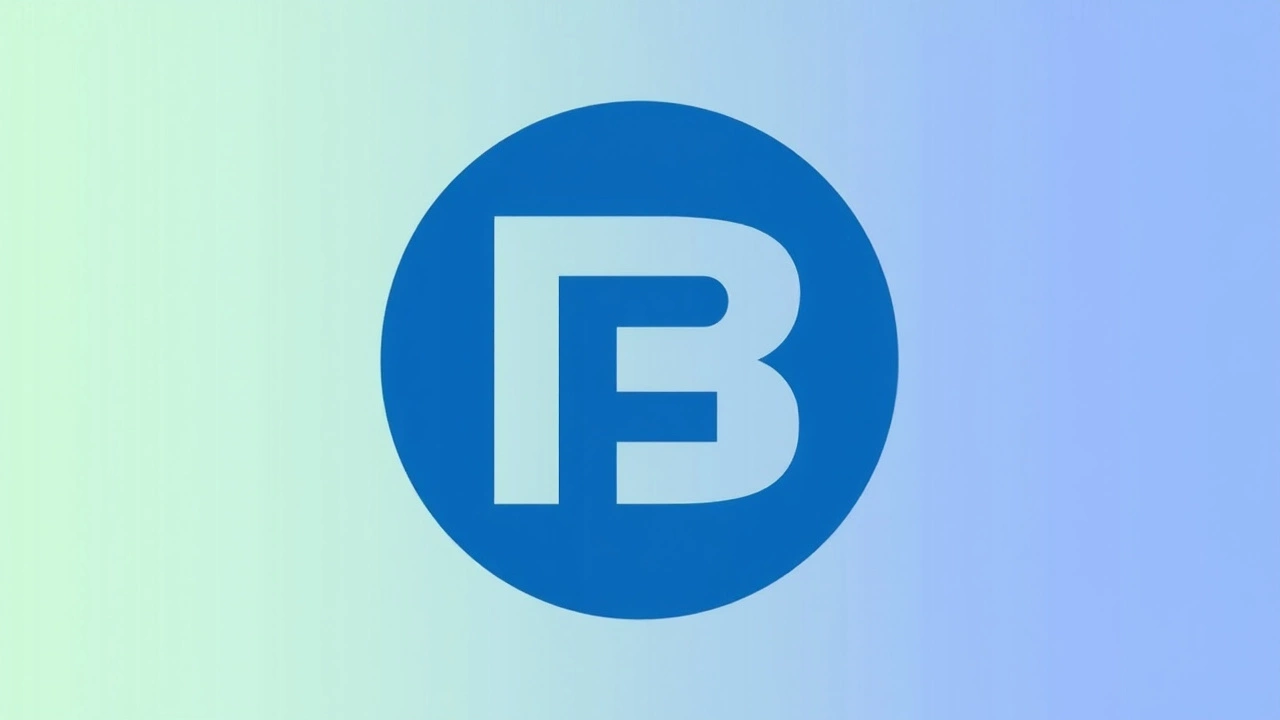Bajaj Finance: Latest News, Stock Insights and What It Means for You
If you’re tracking Indian fintech, Bajaj Finance is a name you can’t ignore. It’s one of the country’s biggest non‑bank lenders, and every change in its business can ripple through the startup scene, consumer credit market, and even the stock market. This page pulls together the most recent updates, so you get a quick, practical snapshot without digging through endless articles.
First off, what does Bajaj Finance actually do? In plain terms, it offers loans, credit cards, and investment products to individuals and small businesses. It’s part of the larger Bajaj Group, which also runs auto and insurance businesses. Because it works directly with consumers, its performance often mirrors how Indians feel about borrowing and spending.
Recent Stock Moves and Market Reaction
Over the past month, Bajaj Finance’s share price has swung between Rs 5,500 and Rs 6,200. The swing came after the company reported a 12% jump in its loan book and a modest rise in net profit. Analysts pointed out that the growth was driven by strong demand for consumer durable loans and a faster rollout of its digital credit card platform.
Investors are also watching the company’s asset‑quality ratios. A slight dip in non‑performing assets (NPAs) gave the market a confidence boost, pushing the stock higher on the day of the earnings release. If you own the stock, consider whether the firm’s pricing strategy – slightly higher interest rates for riskier borrowers – is sustainable in a tightening monetary environment.
Key Products and Services Shaping the Fintech Landscape
Beyond the numbers, Bajaj Finance is launching new products that matter to startups and everyday users. One highlight is the “PayLater” service, which lets merchants embed a zero‑interest credit line into their checkout flow. Small e‑commerce players are already testing it, and early feedback suggests higher conversion rates.
The company also rolled out a peer‑to‑peer investment platform that lets users invest in fixed‑income products with as little as Rs 5,000. For budding entrepreneurs, this could become a handy way to raise short‑term capital without going through a full‑blown venture round.
Another move worth noting is the partnership with several regional banks to offer “micro‑mortgages” for low‑value home loans. This fits nicely with government initiatives to boost home ownership among first‑time buyers, and it gives Bajaj Finance a foothold in a segment traditionally dominated by state banks.
So, how can you use this information? If you’re an investor, keep an eye on the loan‑book growth rate and NPA trends – they’re the best early warning signs of future earnings. If you’re a startup founder, explore the PayLater API to make your checkout smoother and potentially increase sales. And if you’re a consumer, the new fixed‑income platform offers a low‑risk way to park cash while earning better returns than a regular savings account.
Bottom line: Bajaj Finance isn’t just a stock ticker; it’s a pulse on India’s consumer credit health and a source of tools that can help both businesses and everyday people. Bookmark this page, check back for the latest updates, and use the insights to make smarter financial decisions.
Bajaj Housing Finance IPO Announcement Boosts Shares of Bajaj Finance and Finserv
The announcement of Bajaj Housing Finance's IPO has caused a stir in the market, resulting in a notable 4% rise in the share prices of its parent companies Bajaj Finserv and Bajaj Finance. This unexpected surge reflects investor enthusiasm toward potential opportunities in the housing finance sector. Analysts are closely watching the ripple effects on the broader financial markets.
